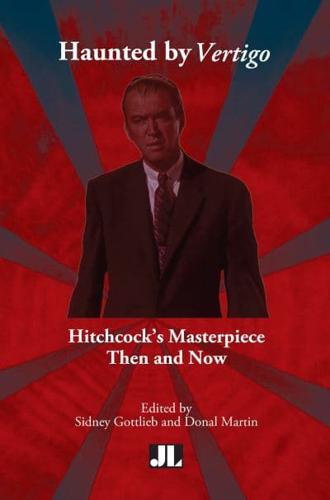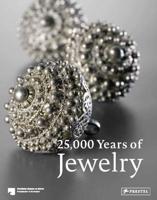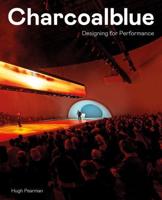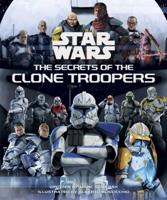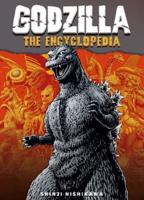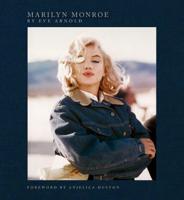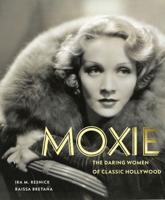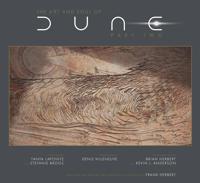Publisher's Synopsis
When Richard Schickel stated unequivocally in 1972 that "We're living in a Hitchcock world, all right", he did so without even mentioning the film that now stands at the top of the Sight & Sound Greatest Films of All Time poll: Vertigo. That omission needs to be redressed when we think about the Hitchcock world we live in now. Haunted by Vertigo: Hitchcock's Masterpiece Then and Now gathers essays that offer a variety of approaches to what many consider to be Hitchcock's signature film, one that shows him operating at full strength as a cinematic artist portraying some of the defining elements of modern life: romantic exhilaration and anxiety, the attractiveness and elusiveness of love, and the interpenetration of pain, pleasure, life, and death in our psyche and our culture.
The pieces in this volume explore numerous aspects of how, broadly speaking, Vertigo is about characters haunted by memories and desires; how the film itself is haunted by numerous literary and cinematic fore- bearers; and how it continues to haunt not only filmmakers but artists working in other media as well. Essays that concentrate on formative or interpretive contexts of the film, including Greek mythology, early German cinema, film noir, an ensemble of (mostly) French writers and filmmakers, andmodern and postmodern art are complemented by others that present close readings of hidden details in the film, its use of multiple gazes that underscore its meaning and drama, the darker sides of even gestures of love and hospitality, and how the film embodies Hitchcock's "late style". Taken together the essays in the volume reinforce how Vertigo is, like the majestic trees visited by the two main characters in the film, sempervirens - an enduring masterpiece of then, now, and, we can safely say, the future.
